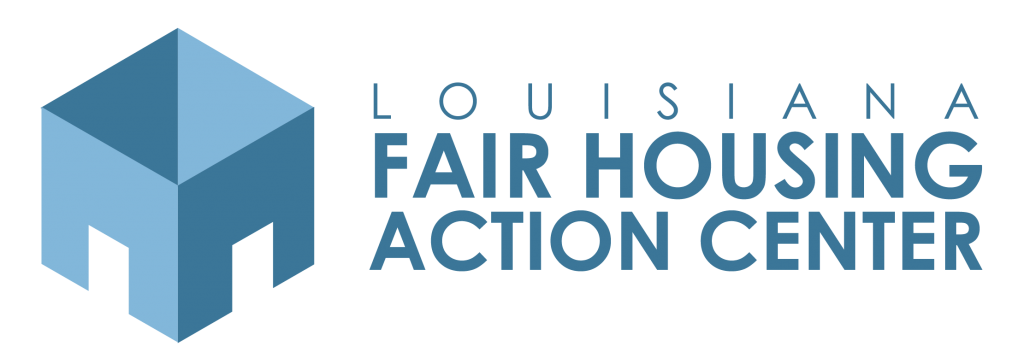The federal government has agreed on a stimulus plan to help combat the financial crisis expected as a result of COVID-19 shutdowns and precautions across the country. But what does the $2 trillion Coronavirus Aid, Relief, and Economic Security (CARES) Act mean for people and their housing?
Foreclosures
CARES prevents foreclosures for all federally-backed mortgages (including those covered by HUD, USDA, FHA, VA, Fannie Mae and Freddie Mac). From March 18, 2020, people with federally-backed mortgages will have 60 days to bring their mortgages current. Those experiencing a financial hardship due to coronavirus may also request a forbearance, which would extend the time limit of your mortgage and give you more time to pay. Those who request a forbearance could get up to 180 days extra to pay their mortgage, with the possibility of extending for an additional 180 days at the request of the borrower.
Owners of multifamily housing with a federally-backed mortgage, can request a forbearance for up to 30 days, which can be extended by another 60 days at the request of the borrower, on the condition that they agree not to evict tenants or charge tenants late fees.
Please note that in Louisiana, sales of ALL foreclosed properties (not just those with federally-backed mortgages) have been suspended until at least April 30, due to the shelter in place order.
If you are a homeowner in Louisiana and are worried about losing your home, please contact LaFHAC’s Homeownership Protection Director Brad Hellman: bhellman@lafairhousing.org.
Evictions
The bill also institutes a moratorium on filing evictions for non-payment of rent for tenants in homes with a federally-backed mortgage and for residents of federally subsidized apartments until July 25th. The bill also prohibits late fees for these covered renters and ensures that renters must be given 30 days notice to vacate after July 25th.
In addition, the Act also includes Community Development Block Grant funds that could potentially be used for rental assistance by state or local governments, further alleviating this hardship.
Please note that in Louisiana, ALL evictions are currently illegal (not just evictions from rentals of homes with federally-backed mortgages) until at least June 15th, due to courts being closed because of the shelter in place order. Evictions from hotels are also currently illegal.
If you are currently being evicted illegally or locked out, call Southeast Louisiana Legal Services for free help at (504) 529-1000 ext. 223
Support for Homeless Populations:
The bill provides $4 billion in Emergency Solutions Grants to support people experiencing homelessness and very low-income households who are at risk of homelessness. State and local governments that receive this money can also use it for temporary emergency shelters, eviction prevention, including rapid rehousing, housing counseling, rental deposit, staff costs, training, and hazard pay.
Public Housing:
The bill has focused much of its efforts on supporting public and assisted housing such as voucher programs, project-based housing, housing for people with disabilities, elderly, and others. This money is to maintain normal operations and take other necessary actions to respond to coronavirus, including making sure people do not lose their housing vouchers.
Unemployment Insurance and Stimulus Checks
The bill also includes additional funds to expand unemployment benefits for those who have lost their jobs due to the coronavirus pandemic, which will hopefully help those currently facing hardship in paying their rent. To learn more about how to apply for unemployment benefits go to www.ready.nola.gov/home/#unemployment.
People who have filed their 2019 or 2018 taxes and make up to $75,000 a year are eligible to receive a check from the federal government of up to $1,200. Checks are scheduled to start being released on April 6th, but experts say to expect delays (potentially up to eight weeks or longer). To see how much you might get, check out this stimulus check calculator.
UPDATED: 6/9/20
